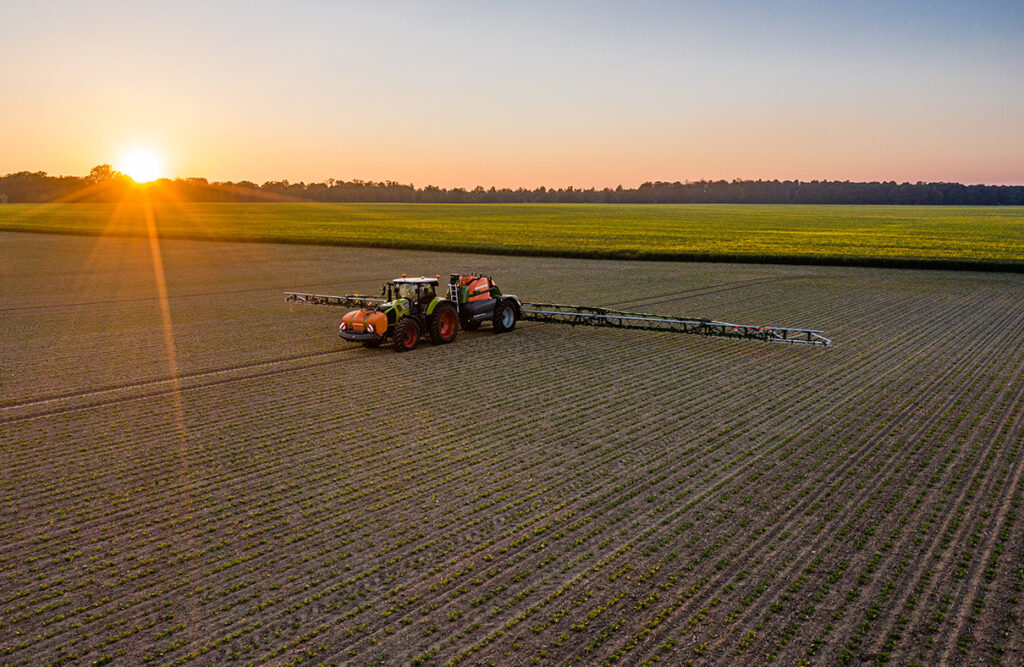Bosch, BASF Digital Farming, Amazone, and the University of Hohenheim have joined forces on a project which will conduct research into the use of high-performance sensors for smart herbicide application as a means of effective, agronomic weed control. The ‘HoPla project’ aims to investigate how optical technologies and artificial intelligence can assist with the targeted application of herbicides in the field.
Improving optical sensor systems and processors
Targeted application of herbicides through smart spraying at a ‘per plant’ level requires accurate smart cameras and supporting software technology to control application. As part of their ‘HoPla’ collaborative project, experts from the fields of industry and research will work together to explore and enhance the photonic sensors, automated data analysis, and interpretation for needs-based crop protection as a holistic system solution. The aim is to improve the optical sensor system and processors so that the plants can be identified even faster when passed over with a field sprayer.
New AI algorithms, more speed
These advances will primarily be achieved by reducing the latency of real-time processing on the agricultural machinery and by applying new AI algorithms. Only then will it be possible to identify weeds in grain crops such as wheat and barley both efficiently and cost-effectively. In addition, the new technology should greatly reduce the costs involved in the identification and targeted treatment of problematic weeds, which have a significant impact on the crop yields of farmers.
As a result, the use of herbicides for such crops, which are particularly prevalent and important in German and European agriculture, can be optimised significantly. Herbicide use can be reduced by up to 70 percent, depending on the field situation and weed pressure – saving farmers money and greatly reducing environmental impacts.
The specific responsibilities allocated to the HoPla project partners are:
- Bosch and the University of Hohenheim are working together to explore and further the development of the necessary sensors and AI software.
- BASF Digital Farming is responsible for developing the digital agronomic decision logic based on its xarvio FIELD MANAGER crop optimization platform, which will help ensure the best and most efficient herbicide treatment.
- Amazone is looking into the integration of the sensor system into a field sprayer and the precise execution of the technology’s application decision.
The project was started in September 2022 and is set to run until August 2025. The initiative is supported by the Federal Ministry of Education and Research (BMBF) as part of its program “Photonics for a digitally connected world – rapid optical control of dynamic processes”.
Project results are to be introduced to the market directly via the products of the partners Bosch, BASF Digital Farming and Amazone, while the University of Hohenheim will focus on furthering research and education in the field of AI-assisted agricultural technology.



